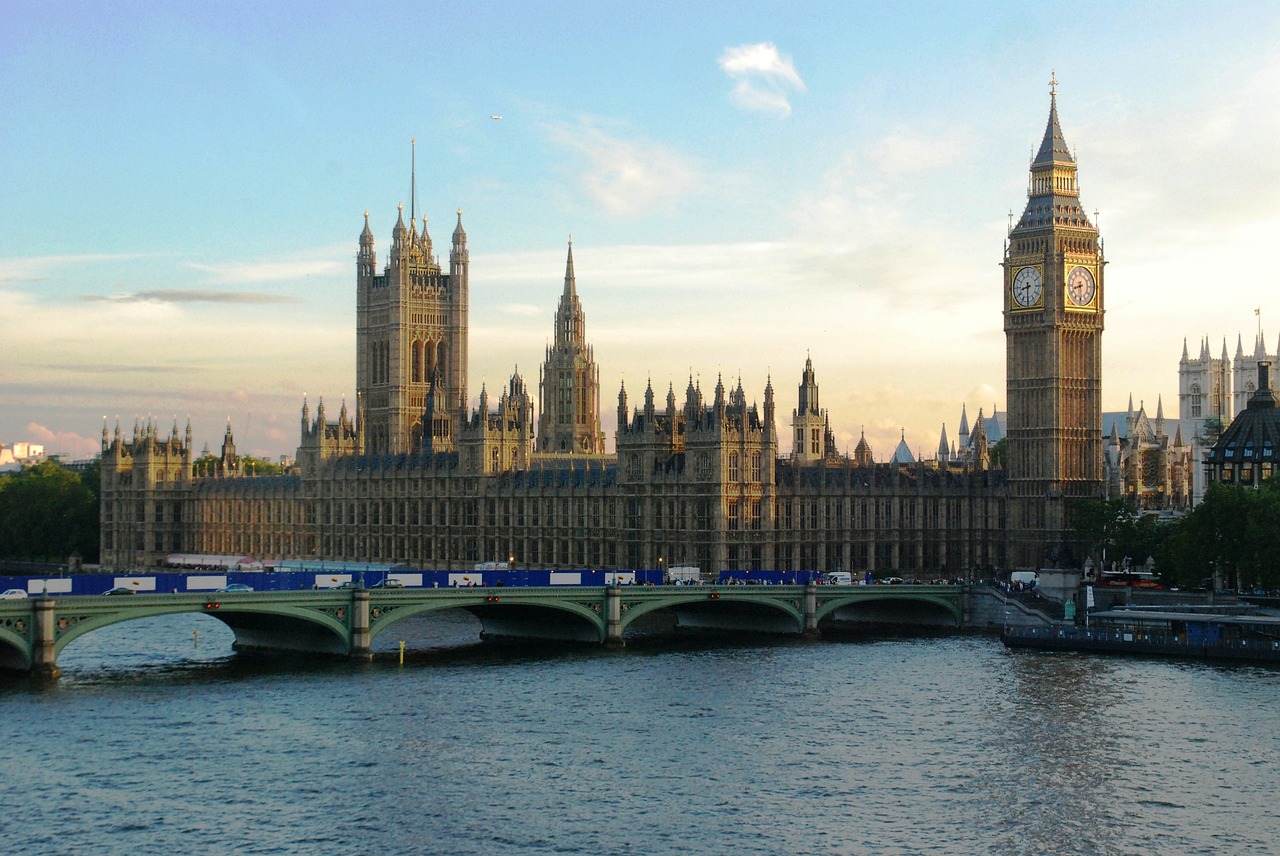The London Congestion charge was implemented by London Mayor, Ken Livingstone in 2003 to reduce pollution in the capital. When the initiative was first launched the charge was £5 and now in 2016 the charge is £11.50 per day for driving within the charging zone between 07:00 and 18.00. If you pay in advance you can reduce the cost by £1 a day with auto pay.
The congestion charge can be expensive, especially if you are a business with multiple cars and if residents discount doesn’t apply to you, this could cost you up to £2898 per year. As a resident this would cost you £289.80 per year. You can check here whether your property’s address qualifies for residents discount.
This is the reason why more and more businesses in London are switching to for low emission vehicles as they are exempt to pay congestion charge under the Ultra-Low Emission vehicles.
Which cars are exempt under the ‘Ultra Low Emission Discount (ULED)’?
Vehicles that are eligible for the Ultra Low Emission Discount include all models that produce less or equal to 75gCo2/km and meet Euro 5 emissions standards. Under the current scheme this includes all electric and most plug-in hybrid vehicles but conventional hybrids are treated as petrol and diesel vehicles only qualifying if their emissions are 75gCO2/km or less and are Euro 5. Please note the TFL reviews it schemes regularly.
If you would like to know more about low emission vehicles and how you can save money speak to CVSL today.




